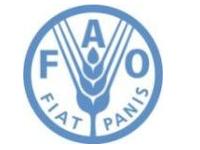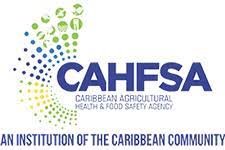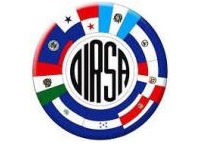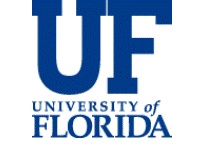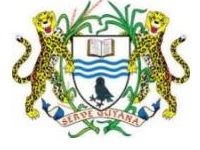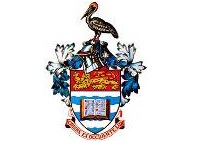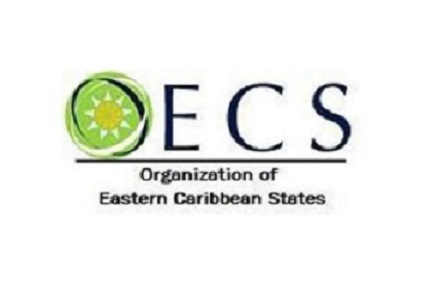Sargassum seaweed (Sargassum muticum) also known as wireweed is an invasive type of seaweed that has been known to grow in masses due to high concentrations of nitrogen and phosphorous. The possible cause of sargassum is the daily activities of humans via farming, the release of fossil fuels, and runoffs from urban areas.
Sargassum seaweed has been known to have effects on Tourism as the seaweed can spread for miles on beaches, are costly to clean up, and is hazardous to human health once they begin to decay. Sargassum can affect marine biodiversity such as nesting sea turtles from laying eggs and reaching the ocean. Sargassum can also harm marine life due to the toxic compounds in its large algae blooms. These blooms can prevent sunlight from reaching coral reefs.
For humans, the stench of the decaying sargassum can cause nausea and headaches among locals and beachgoers.
Regionally, many countries and their governments have noticed how vulnerable our biosecurity has become. To prevent invasive species like the notorious sargassum, a series of policy briefs was recently created and launched by our partner CABI to highlight what is needed for biosecurity in the region as well as a listing of future possible aquatic invasive species from entering the region. The policy brief is produced by the project: ‘Preventing the Costs of IAS in Barbados and the OECS’. The Global Environment Facility (GEF) funded project is being implemented by the United Nations Environment Programme (UNEP) and executed by the Centre for Agriculture and Biosciences International (CABI) with support from the participating countries (Antigua and Barbuda, Barbados, Dominica, Grenada, St Kitts and Nevis, St Lucia, and St Vincent and The Grenadines).
Check out our sources below!
Source:
EPA – Agriculture Nutrient Management and Fertilizer
UNEP – Nutrient management: the issue
UNEP – The Caribbean steps up to the issue of Nutrient Pollution
NationalGeographic – Can science solve the seaweed problem on Mexican beaches?
Policy Brief – Improving Biosecurity will Safeguard our Health, Economy, and Irreplaceable Biodiversity
Policy Brief – Prevention and Management of Marine Invasive Alien Species in the Caribbean

